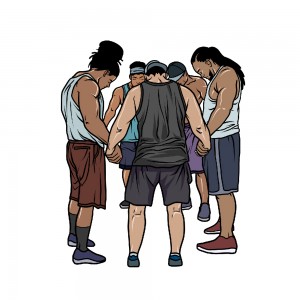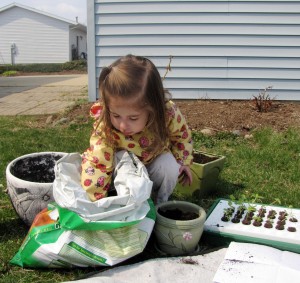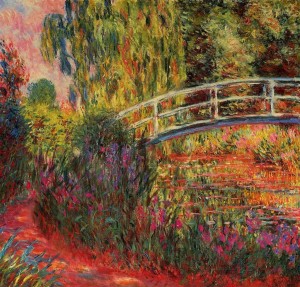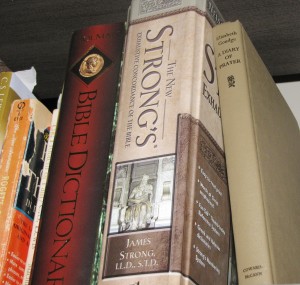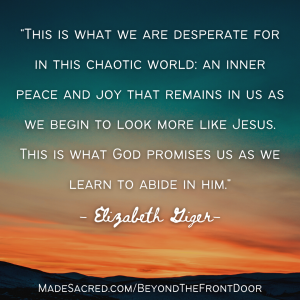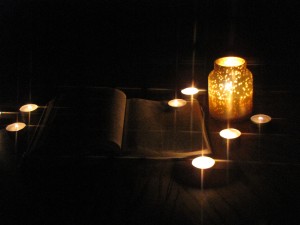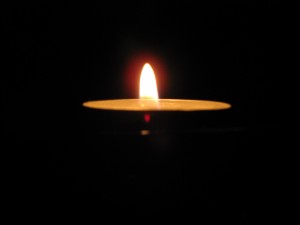There have been times when my hurt and grief overwhelmed me and turned my face away from God.
Times when sorrow turned my inmost thoughts to darkness and I “blamed God for it with fierce, hot breath and yet ached for his touch at the same time.”
We all wrestle with God at times, shoving against him in the darkness of our pain and doubt.
We wrestle like Jacob by the river. We wrestle, hurling our accusations while at the same time refusing to let go until he blesses us.
And isn’t this what most often happens? We fight against God without being able to let go of him.
I strike at him with my pain while being unable to rid myself of my anguished desire for his love.
He was the cause of my grief, the opponent, and the peace I craved all in one enigmatic, awful Beloved. I could no more walk away from his existence than I could walk away from my own desire for breath. ~ Sarah Clarkson in This Beautiful Truth
Do you know the story?
Jacob, deceiver, heir to God’s covenant promises, is heading home after twenty years in exile. Home to the land God promised him.
He sends his family and servants across the river Jabbok, but stays behind to spend the night on the shore alone. We don’t know why.
Suddenly, out of the darkness, a stranger leaps at Jacob and they fall to the ground, wrestling through the darkness. All night they struggle until just before dawn when Jacob realizes who it is that he has been grappling with.
God.
God is the enemy whom Jacob fought there by the river, of course, and whom in one way or another we all of us fight — God, the beloved enemy. ~ Frederick Buechner in The Magnificent Defeat
In the realization that it is God who is wrestling with him, Jacob refuses to release his grip, just as he has refused to release his grip all night, but in his pleading for a blessing, his grip of violence becomes a grip of desperate need.
God is our beloved enemy because he promises us everything, but before he gives us everything, he demands of us everything. “Before giving us life, he demands our lives — our selves, our wills, our treasure …” Buechner
Will we give them, you and I? I do not know.
Only remember Jacob, limping home against the growing light of dawn, a shadow of one to come.
Remember Jesus of Nazareth, staggering on broken feet out of the tomb toward the Resurrection, bearing on his body the proud insignia of the defeat which is victory, the magnificent defeat of the human soul at the hands of God. ~ Buechner
Art credits: Jacob Wrestling by Gustave Doré; Jacob Wrestles by Gerard Hoet; Jacob Wrestled by Charles Foster





